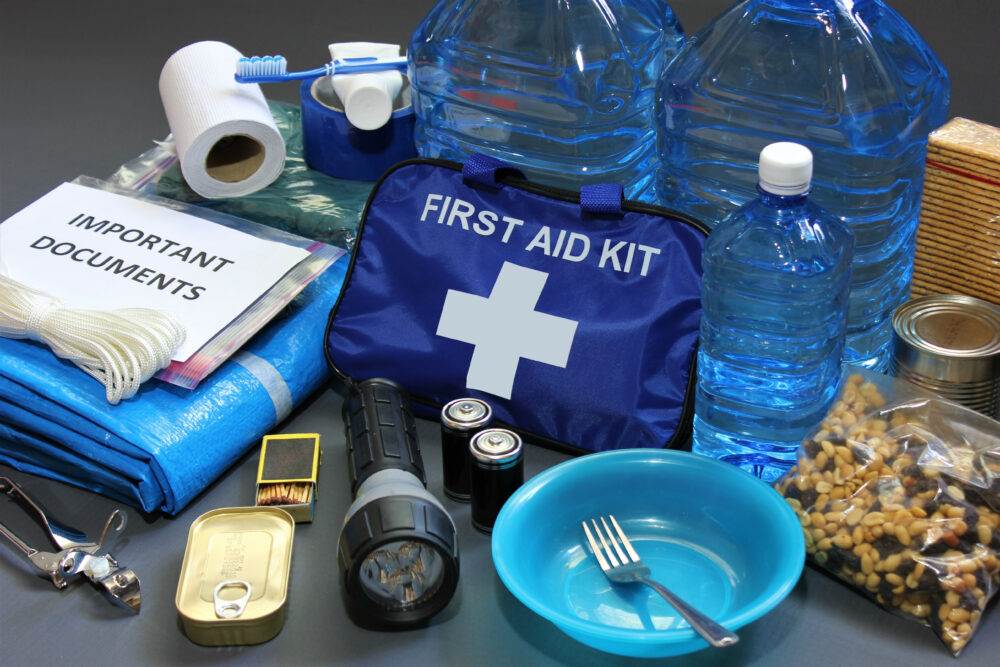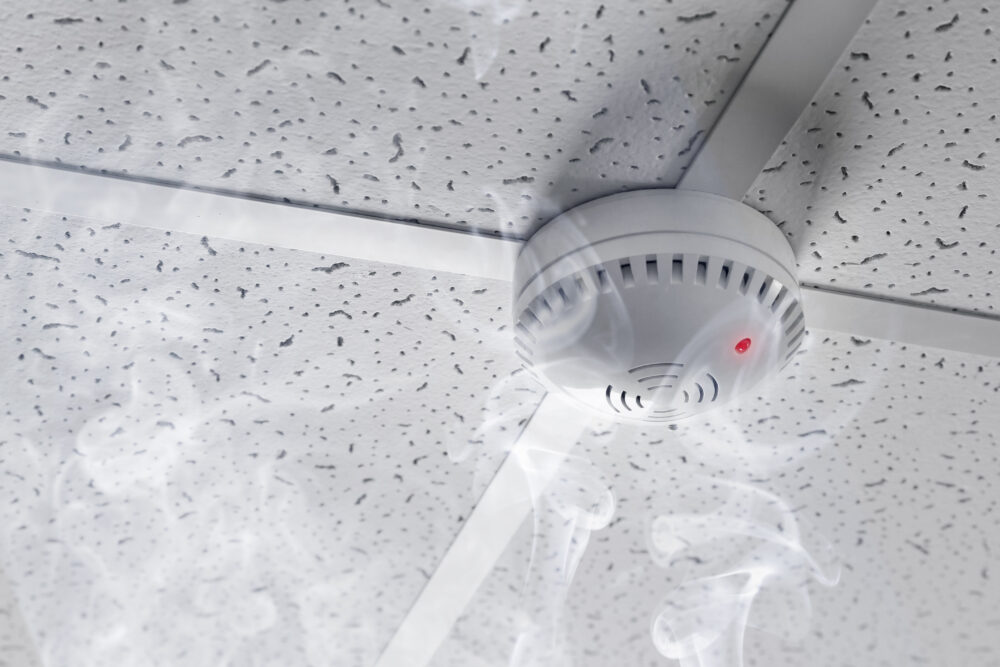Living in Vancouver, WA, requires a strategic approach to emergency preparedness due to its unique environmental and geographical factors. From earthquakes and floods to wildfires, the region faces several risks that necessitate preparedness. Here’s a comprehensive guide divided into six essential chapters to help Vancouver residents stay safe and ready for any emergency.
Understanding Local Risks
Earthquakes
Vancouver, WA, is located in the Pacific Northwest, a region known for its seismic activity. The area is susceptible to both minor tremors and significant earthquakes due to the Cascadia Subduction Zone, a major fault line offshore. Earthquakes can cause severe structural damage, disrupt utilities, and lead to landslides.
Floods
The proximity to the Columbia River and several smaller waterways increases the risk of flooding, particularly during heavy rains or rapid snowmelt. Historical data shows that flood events, though infrequent, can be quite damaging.
Wildfires
The dry summer months make Vancouver vulnerable to wildfires, especially in the forested areas surrounding the city. High temperatures and low humidity levels can exacerbate fire risks.
Creating a Family Emergency Plan
Establish Communication Protocols
Develop a family emergency plan that includes a communication strategy. Identify a primary and secondary contact person outside your household whom all family members can reach in case of separation. Make sure everyone in the household knows how to contact these individuals.
Designate Meeting Points
Choose safe meeting locations both within and outside your neighborhood where family members can regroup if evacuation becomes necessary. Ensure these spots are accessible and known to everyone.
Practice Regular Drills
Conduct regular drills to familiarize all family members with the emergency procedures. Practice evacuation routes, safe zones, and how to use emergency supplies.
Building an Emergency Kit
Essential Supplies
Prepare an emergency kit with supplies that can sustain your family for at least 72 hours. Include items such as:
- Water: One gallon per person per day.
- Non-perishable food: High-energy, easy-to-prepare foods.
- First aid kit: Basic medical supplies and personal medications.
- Flashlights and batteries: For power outages.
- Multi-tool or Swiss army knife: For various needs.
- Portable phone charger: To keep communication lines open.

Important Documents
Store critical documents in a waterproof container. Include:
- Identification: Passports, driver’s licenses.
- Insurance papers: Home, auto, and health insurance information.
- Medical records: Prescriptions and medical history.
Securing Your Home
Earthquake-Proofing
Strengthen your home to withstand earthquakes by:
- Securing heavy items: Anchor bookshelves, televisions, and other large items to the wall.
- Bracing structural elements: Reinforce walls and ceilings if possible.
- Safe zones: Identify and practice safe areas to take cover during tremors.
Flood Precautions
Protect your home from flooding by:
- Elevating electrical systems: Install sump pumps and elevate electrical outlets.
- Flood barriers: Use sandbags or other barriers to protect entry points.
- Regular maintenance: Clean gutters and ensure proper drainage.
Fire Safety
Minimize fire risks by:
- Creating a defensible space: Maintain a clear zone around your home to prevent the spread of wildfires.
- Installing smoke detectors: Place detectors in every sleeping area and test them monthly.
- Fire extinguishers: Keep them accessible in key areas, such as the kitchen.

Staying Informed
Local Alerts and Notifications
Stay updated with local emergency alerts through:
- Emergency Alert System (EAS): Sign up for notifications via radio or TV.
- Nixle Alerts: Register for text and email alerts from local authorities.
- Weather apps: Use reliable apps for real-time weather updates and warnings.
Community Resources
Familiarize yourself with community resources and services:
- Community Centers: Know the location of nearby centers that offer emergency services.
- Local Emergency Plans: Review and understand the city’s emergency response plans.
Building Community Connections
Neighborhood Watch Programs
Engage with local neighborhood watch programs to enhance community safety. Collaborate with neighbors to share resources and support each other during emergencies.
Volunteer Opportunities
Consider volunteering with local emergency response organizations. Training with the Community Emergency Response Team (CERT) or other local groups can enhance your readiness and provide valuable skills for disaster response.
Support Networks
Create support networks with friends and family. Having a network can provide additional resources and assistance during emergencies, making your response efforts more robust.
Conclusion
Emergency preparedness in Vancouver, WA, involves understanding local risks, developing comprehensive plans, securing your home, and staying informed. By following these guidelines and building strong community connections, you can enhance your resilience and ensure that you and your family are well-prepared for any emergency situation.
Swimming Pool Contractor Vancouver WA
Water: One gallon per person per day for at least 72 hours.
Non-perishable food: High-energy, easy-to-prepare items.
First aid kit: Medical supplies and personal medications.
Flashlights and batteries: For power outages.
Portable phone charger: To keep devices operational.
Important documents: Stored in a waterproof container.
